by Francis Hriadil
[The following is a summary of a conversation I had with Master Park Bok-Nam in August on the meaning and use of the term “principle” in the Pa Kua Chang of Lu Shui-Tian. I found it to be informative and have included it for the benefit of all interested students and readers.]
Master Park places a strong emphasis on the “underlying principles” that form the basis of the Pa Kua Chang of Lu Shui-Tian. Since the groundbreaking work, “The Fundamentals of Pa Kua Chang: The Method of Lu Shui-T’ien as Taught by Park Bok-Nam,” many instructors of Pa Kua (as well as other martial arts) have adopted the use of this same terminology. It is now customary to see various teachers talking or writing about the principle or principles of their particular system, style, techniques, and/or movements.
Where appropriate, this is good. However, Master Park wishes all students of Pa Kua, or any other martial art, to understand that simply calling something a “principle” does not make it a “true principle” in the strictest sense. Master Park does not take this lightly and is very exact in his use of this term specifically as it relates to Pa Kua Chang.
In the strictest sense, a principle is defined as a fundamental truth or law of nature. A true principle is not an artificial fabrication. It is not “made up.” It does not arise simply as an idea in the mind of an instructor based on his or her own thinking; nor does it originate out of a particular movement or form.
True principles derive from a critical and comprehensive study of nature and the physical universe. This includes the study of matter, energy, life, their relationships, their interrelationships, and their transformations. Valid principles comprise a set of fundamental truths that have been identified based on careful, detailed, and lengthy analysis. They have developed over years, decades, or even centuries of research. They have stood the test of time and are subject to repeatable verification by observation, experience, or experiment. They comprise a coherent body of empirical knowledge, a science and a philosophy. As such, each true principle has a basis, a reason, and a justification in nature providing the grounds for its validity.
All of the underlying principles that form the substance of the Pa Kua of Lu Shui-Tian adhere to this strict definition.
PRINCIPLE . . . . <=== . . . .PHILOSOPHY . . . .<=== . . . . NATURE
All principles come from a philosophy based on the study of nature that has evolved over centuries of human research. They are rooted in the real world, and are governed by the laws of physics and human physiology. This is the legacy and the gift that has been handed down to students involved in the study of Pa Kua Chang as taught by Park Bok-Nam.
In Pa Kua (as in any serious area of study), it is extremely important to understand where the “principle” comes from and why the “principle” is valid? The path to knowledge and understanding does not begin until the first question is asked. And, the most important question that can be asked is “why?”

